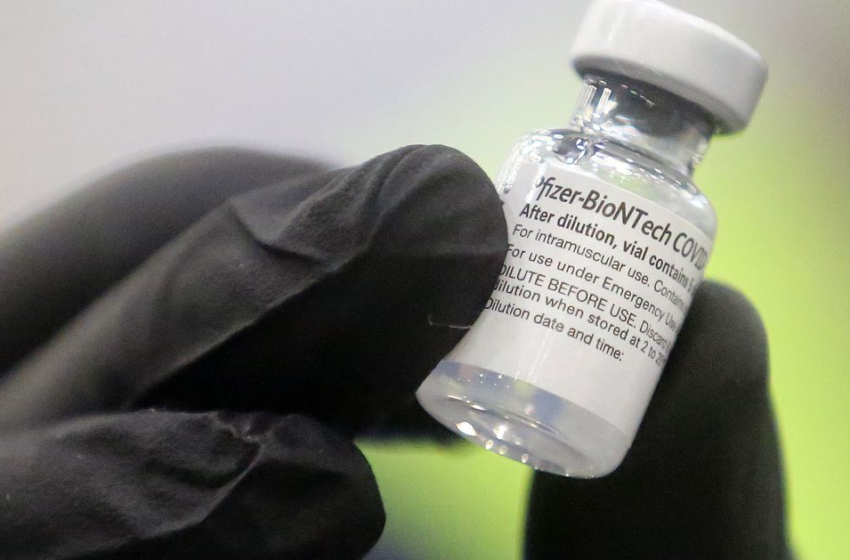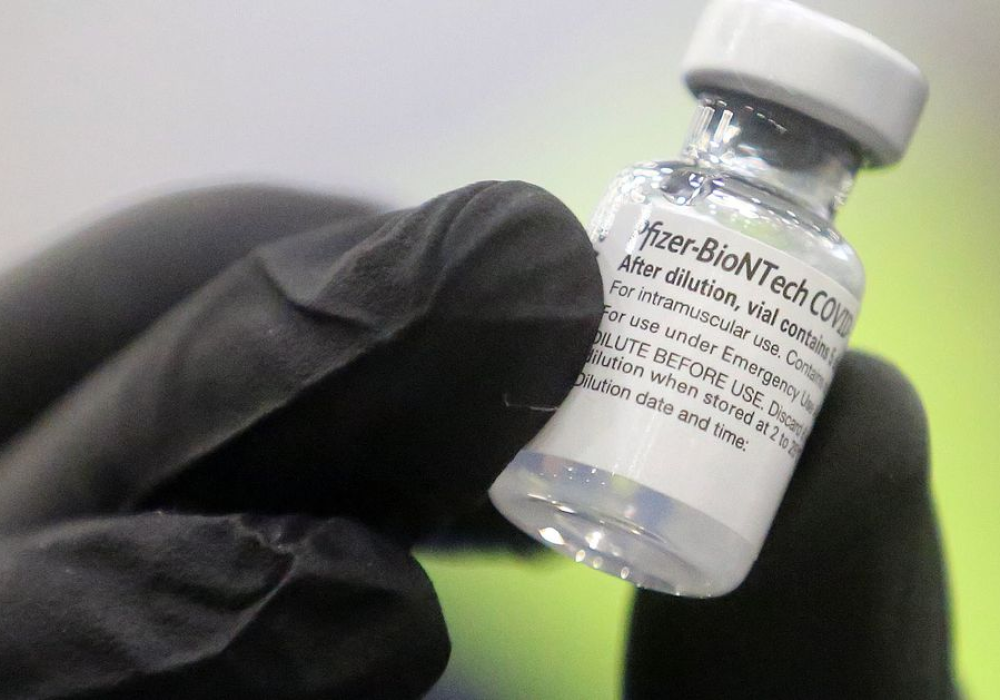A new study suggests there’s no connection between the COVID-19 vaccine and reduced chances of conceiving.
The news: A new study — published Thursday in the American Journal of Epidemiology — found that couples had lower chances of conception if the male partner got infected by the coronavirus within 60 days.
Details: The study included more than 2,000 couples.
- Female study participants filled out a questionnaire about their income and education levels, lifestyle, medical history and more.
- The participants were also asked “whether or not they were vaccinated against COVID-19 and whether they or their partners had ever tested positive for SARS-CoV-2,” according to the National Institute of Health.
Quote: “These findings indicate that male SARS-CoV-2 infection may be associated with a short-term decline in fertility and that COVID-19 vaccination does not impair fertility in either partner,” the researchers wrote in the study, per CNN.
- “This adds to the evidence from animal studies, studies of humans undergoing fertility treatment, and the COVID-19 vaccine trials, none of which found an association between COVID-19 vaccination and lower fertility,” the researchers wrote.
- “Similarly, several studies have documented no appreciable association between COVID-19 vaccination and miscarriage risk.”
Why it matters: Questions about the COVID-19 vaccine’s impact on fertility and conception have existed since the vaccine was announced. This recent study suggests there is no link between fertility issues and the vaccine.











